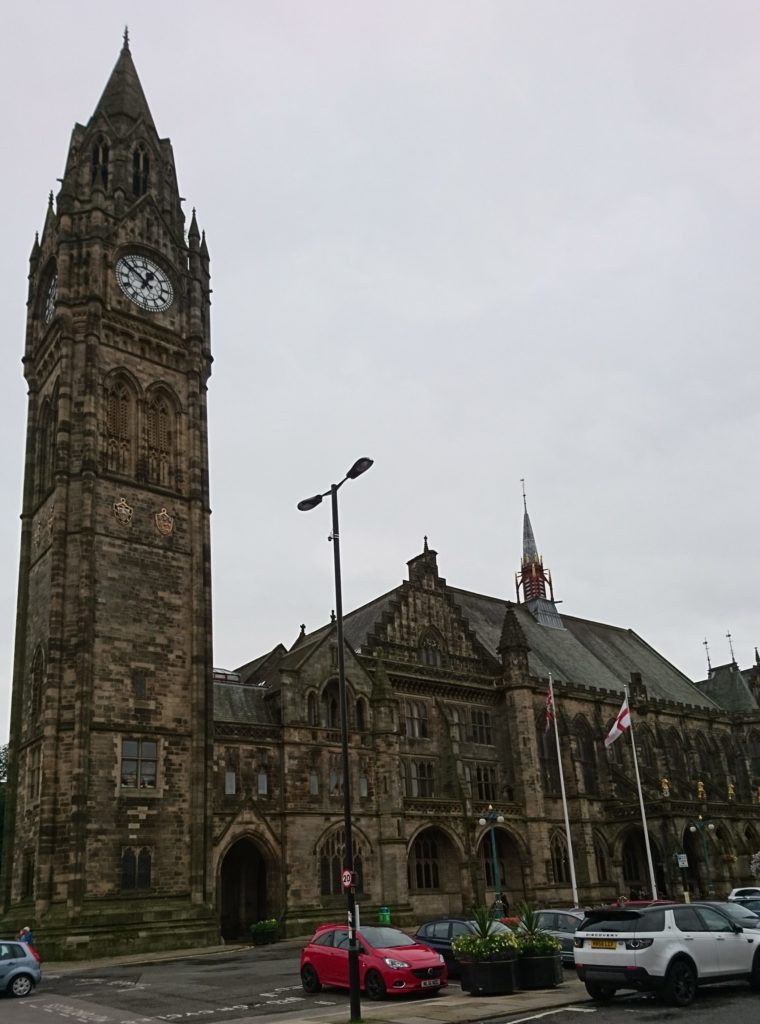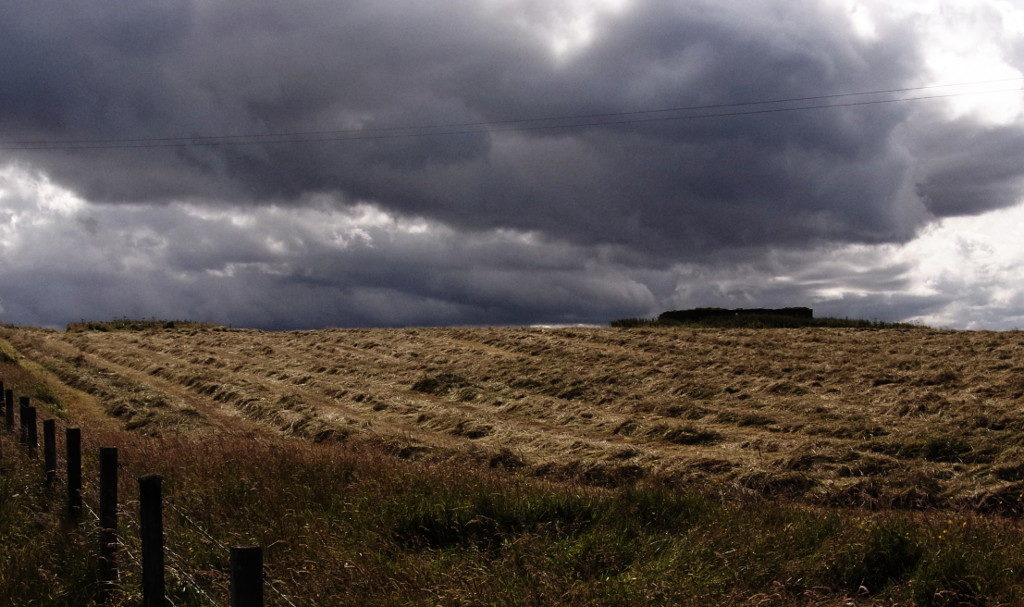Apologies for the gap – I keep getting distracted by things; like modifying the GIMP script which removes regular patterns from the surface of images; like putting stuff in the loft; like going for walks, etc..
Sunday’s readings
These are here…
It’s weird, but a lot of the stuff said two thousand years or more ago reminds me of Britain, or more accurately, England.
“8:21 For the hurt of my poor people I am hurt, I mourn, and dismay has taken hold of me.” (from the Jeremiah reading)… We are in a mess, we are a divided nation, and getting more so – isn’t anyone bothered by this?
The first of the Psalms is a similar misery-fest. “79:8 Do not remember against us the iniquities of our ancestors; let your compassion come speedily to meet us, for we are brought very low.” It feels as if the people’s fortunes are not in their own hands – the Psalmist reckons the hurt was done in an earlier generation, and the people are powerless to change anything. We English have a troubled relationship with our history, seeing it perhaps in the opposite way, as much better than it really is: this is the politics of a football supporter at large in Charleroi. But, God calls us to live now in the way that is right.
And Amos tells us what is right – well actually by telling us what is wrong – “8:4 Hear this, you that trample on the needy, and bring to ruin the poor of the land, 8:5 saying, “When will the new moon be over so that we may sell grain; and the sabbath, so that we may offer wheat for sale? We will make the ephah small and the shekel great, and practise deceit with false balances, 8:6 buying the poor for silver and the needy for a pair of sandals, and selling the sweepings of the wheat.”” It seems that the worst condemnation of what people are doing is its effect on those who are poor: this is what matters to God. But just like in Jeremiah, there’s this despairing note that the consequences last for generations: “8:7 The LORD has sworn by the pride of Jacob: Surely I will never forget any of their deeds.” It goes without saying that the consequences of the decisions we take now will last for generations.
The second of the Psalms asserts that God’s in charge. This has to be good news – at least in some place, in some time, this has to be good news, even if it’s not apparent here and now – because the reality is that a lot of people are bastards, and quite often the bastards win…. Or is it good news that God’s in charge? Not for everyone maybe…“113:7 He raises the poor from the dust, and lifts the needy from the ash heap, 113:8 to make them sit with princes, with the princes of his people.” Is that really what you want to hear?
There’s a lot to think about in the first letter to Timothy, but what caught my eye was the last verse of this passage, “2:7 For this I was appointed a herald and an apostle (I am telling the truth, I am not lying), a teacher of the Gentiles in faith and truth.” The writer (claiming to be Paul) says “I am telling the truth” – well, he would [say that], wouldn’t he? (to quote Mandy Rice-Davies). But why does he (probably he) find it necessary? And why does he find it necessary to say it twice? It’s a sad truth of our connected age that the more often something is said, the more it’s believed, regardless of the evidence.
By the time we get to Luke’s Gospel, I’m longing for some Good News. And there is some to be found, but not necessarily in the place I looked first. This is the parable of the End of Austerity. The dishonest manager, knowing that his time is running out, decides to make some friends by giving away his boss’s wealth. It’s bonus time for the debtors, it’s good for the dishonest manager – it’s a win-win situation – except for his boss that is. We look at the parables and say “where is God in this?”, etc.. But maybe that isn’t really the point here. Maybe the point is that Jesus knew that the world had plenty of liars and cheats; and still he taught love and forgiveness and hope. There really can be good news. There really is a kingdom of God, even if people join it out of self-interest. The ending seems to me a bit of a non-sequitur, especially the last verse, “16:13 No slave can serve two masters; for a slave will either hate the one and love the other, or be devoted to the one and despise the other. You cannot serve God and wealth.” I think I’ve known that verse since childhood, and even taken it to heart. But I’m still working out what it really means!







